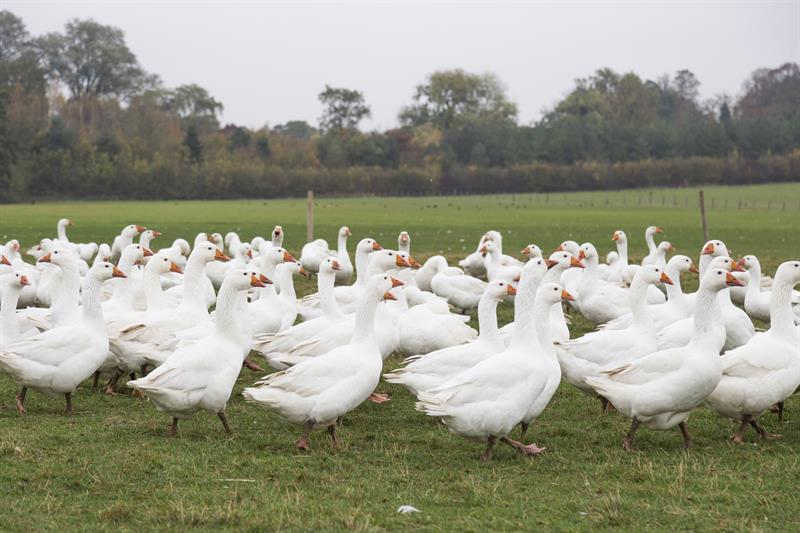Novel foods in the EU are regulated under Regulation (EU) 2015/2283. To gain market authorisation in the EU, it must be ensured that novel foods:
- Do not pose a safety risk to human health
- Do not mislead consumers, especially when the food is intended to replace another food and there is a significant change in the nutritional value
- where the food is intended to replace another food, it does not differ from that food in such a way that its normal consumption would be nutritionally disadvantageous
Lab-grown meat already has market authorisation for human consumption in Israel, Singapore and the USA.
In November 2023, the Italian Parliament approved a ban on lab-grown meat, banning the production, distribution and import of the products in the country. The issue of lab grown meat continues to be polarised within the EU, with other Member States including France and Austria contemplating a similar ban.
The Gourmey application has been submitted to DG SANTE - the European Commission department responsible for health and food safety. The Commission will send the application to Member States and will publish a summary which will be available to the public.
The Commission will forward the application to The European Food Safety Authority (EFSA) who will assess the safety and nutritional value of the product. They will have 9 months to do this. If EFSA provide a positive assessment, the Commission could adopt an Implementing Regulation to authorise the novel food. Once authorised, the novel foods can be marketed across all Member States, as well as in Iceland, Lichtenstein, and Norway. For that to happen, EU MS will have to ultimately vote by qualified majority (at least 55 % of MS representing 65% of the bloc’s population in favour). To block the decision, at least 4 MS must vote against. Overall, the process is expected to take between 1.5 and 2 years.
